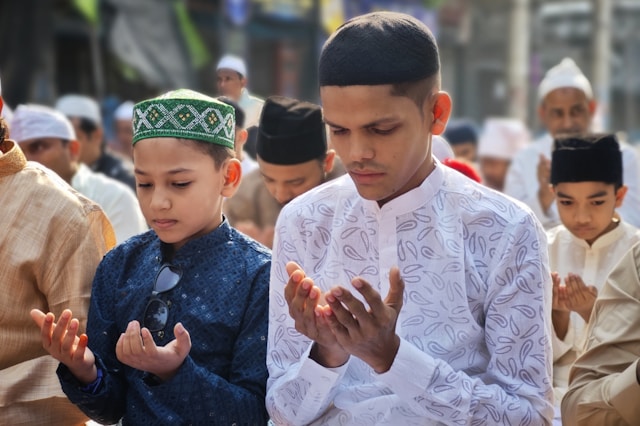Philippines adopts Islamic burial law
The Philippine Islamic Burial Law fills a regulatory gap that has been a source of tensions with Christians. In compliance with Islamic religious precepts, burial can take place within 24 hours, while violations will be sanctioned with jail time or fines. This success for the Muslim religious minority has sparked reactions among some Catholics.
Milan (AsiaNews) – A new law has officially come into force in the Philippines to regulate Islamic burials. President Ferdinand Marcos Jr signed the Philippine Islamic Burial Law on 11 April, published in the Official Gazette ten days later.
The legislation should fill a regulatory gap in an area that has been a source of misunderstanding and tensions between majority Christians and minority Muslims.
Following Islamic tradition, the law provides for the “proper and immediate burial of the bodies of dead Muslims” within 24 hours of death whenever this is possible, with or without a death certificate.
The person who carried out the burial or a close relative of the deceased must report the death to the authorities within 14 days. If an autopsy is necessary, the family must be informed before it is performed.
Whoever is responsible for the body at the time of death has the duty to make it available within 24 hours, despite hospitalisation or other expenses, which will be regulated later.
Violators could face one- to six-month prison terms, or a fine of 50,000 to 100,000 Philippine pesos (US$ 900-1,800).
Robin Padilla, who chairs the Senate Committee on Cultural Communities and Muslim Affairs, sponsored the bill, saying that it is “an important development for our Muslim brethren” and "a simple but meaningful law for us Muslims”".
The measure addresses the problems Muslims face in the country where most people are unaware of Islamic burial requirements.
Muslim communities pushed for the new law to protect and defend their cultural and religious identity, particularly in the Bangsamoro Autonomous Region, a historically Muslim-majority part of the country.
The law, which sparked reactions among some Catholics, reflects a country that is formally secular but in which religion plays a critical social role.
Only 6.5 per cent of the Philippine population is Muslim, but it is concentrated in the south, where a long struggle for autonomy and decades of violence recently found a political solution.
16/03/2021 10:30
26/01/2019 08:00
21/01/2019 14:53
17/01/2019 17:44







.png)










